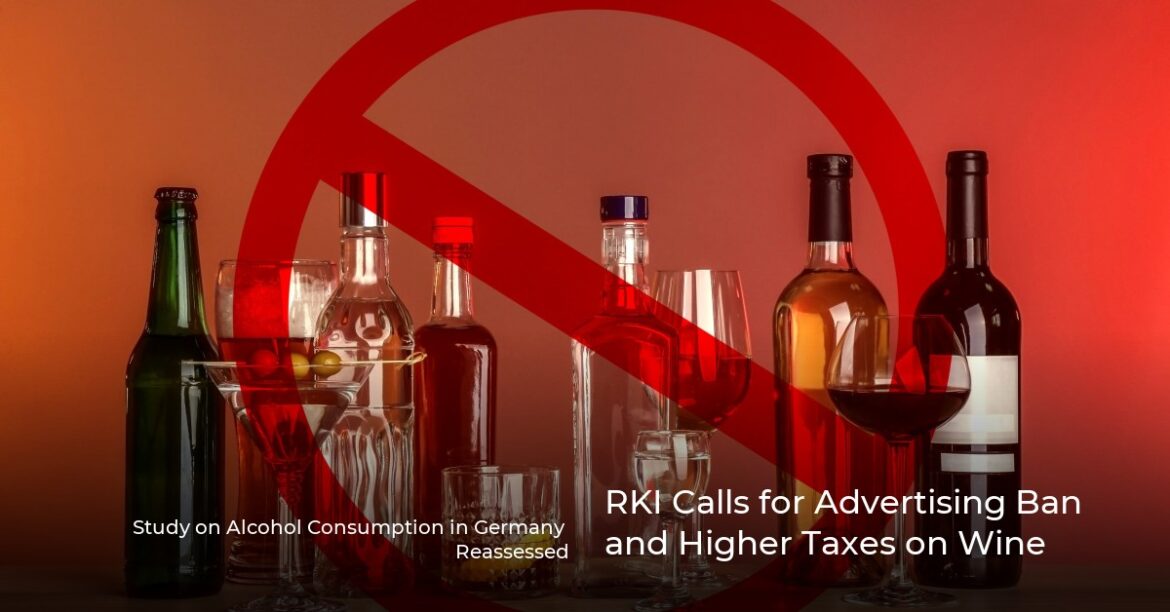A study by the Robert Koch Institute (RKI) on the health situation in Germany concludes: About one third of adults in Germany consume alcohol in health-damaging amounts. Particularly affected are men and people with higher education. Therefore, the RKI calls for strategies to reduce consumption, such as advertising bans, higher taxes, and restricted availability.
The data comes from the years 2019/20, during which over 22,000 adults were surveyed by phone. The study titled “Health in Germany Today” has now been reassessed according to the risk limits defined in 2023 by the German Society for Nutrition (DGE).
According to the DGE’s position paper, there is no health-risk-free alcohol consumption. One to two alcoholic drinks per week are associated with a low risk, three to six with a moderate risk, and more than six with a high risk of health consequences. The data was re-evaluated according to these categories.
According to the survey, 44.2 percent of men and 21.4 percent of women have a moderate to high risk. Only abstinence is completely risk-free. According to the survey, about 21 percent of the population completely abstain from alcohol.
(ru)
More on the topic
AIV: Europe’s Wine Culture in “Existential Danger from the WHO”
Moderate Alcohol Consumption Protects the Cardiovascular System
Risks from Moderate Alcohol Consumption “Completely Exaggerated”


Dining and Cooking